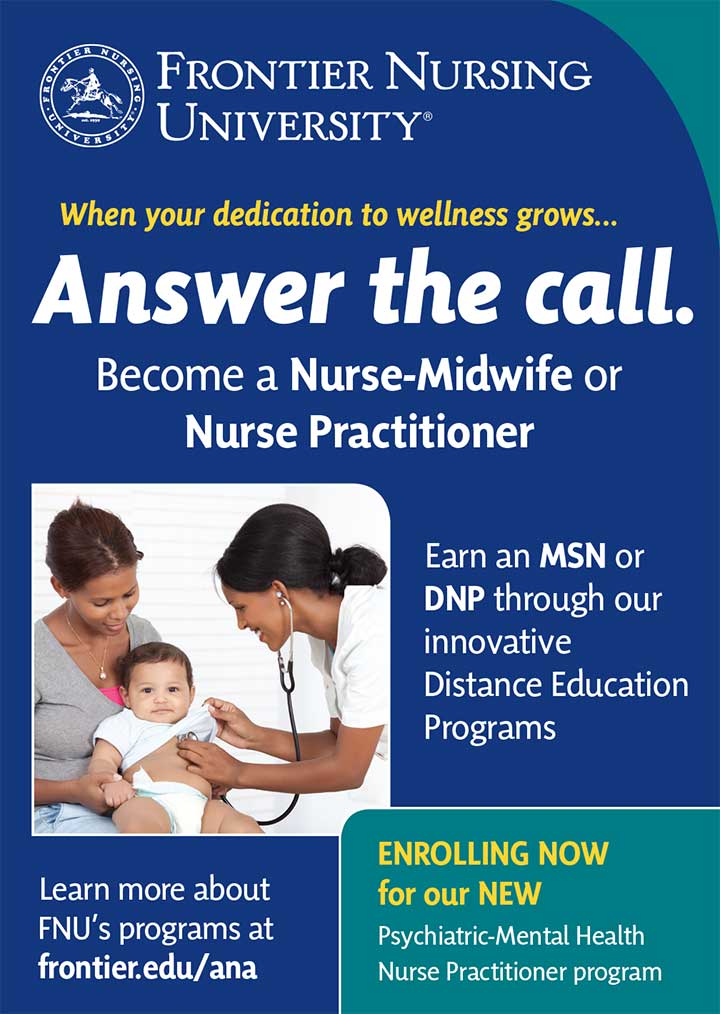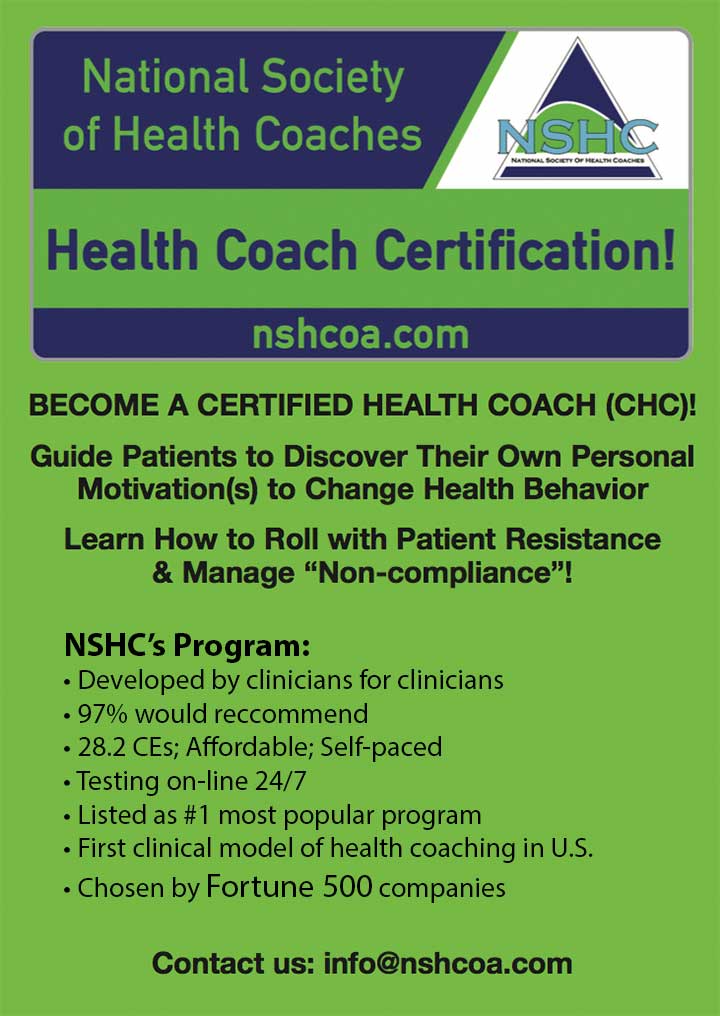Completing your doctorate requires support and more.
By Nancy Bellucci, PhD, RN, CNOR
High attrition rates for doctoral nursing students (reported to be as much as 50%) in the face of an increasing demand for PhD-prepared nursing faculty is a growing concern. So, what’s at the crux of this problem and how do we solve it? When I was a doctoral student, I researched how other doctoral students balanced work, family, and school. The goal was to learn more about the strategies used by these students. (See More about the research.)
My dissertation research study looked at specific strategies PhD nursing students used to achieve balance between work, family, and school. The participants represented nursing programs from around the United States. Data analysis revealed six major themes: 1 Multiple strategies and tools help to manage time. 2 Various approaches help to manage stress. 3 Support of a spouse, family, friends, and mentors is necessary to balance responsibilities. 4 Compromises are required to fulfill work and school responsibilities. 5 Many challenges interfere when working to find balance. 6 Most of the time in a given day is spent on work and school.
|
What’s a doctoral nursing student to do?
Studying for an advanced degree is time-consuming and competes with the other demands of life—home, work, and professional responsibilities. Doctoral nursing students use various methods, often in combination, to manage their time and stress. Seeking support, planning, and creating schedules were described by the study participants as the most helpful strategies.
Seeking support
 Participants identified help from a spouse or significant other with household responsibilities as contributing the most to their success. Other sources of support came through mentoring and friendships. However, seeking support didn’t guarantee receiving support. Some participants said they had limited support, which contributed to feeling isolated. These participants received most of their support from coworkers and family on an as-needed basis.
Participants identified help from a spouse or significant other with household responsibilities as contributing the most to their success. Other sources of support came through mentoring and friendships. However, seeking support didn’t guarantee receiving support. Some participants said they had limited support, which contributed to feeling isolated. These participants received most of their support from coworkers and family on an as-needed basis.
Many study participants said they often made compromises, forfeiting time with family and tending to household chores in favor of work and school responsibilities. But with the help of spouses, family, friends, and colleagues, the students were better able to persist in their graduate program.
Effective scheduling and planning
Study participants identified several tools that helped with scheduling, planning, and triaging their daily activities, including shared online calendars, scheduling books, sticky notes, and multiple alerts using electronic devices, as well as mentally making time for themselves. Time for self-care, while limited, came in the form of exercise, meditation, yoga, engaging in a hobby, quiet time, or simply watching a favorite show or movie.
Take a multipronged approach
No one method or strategy solved the challenge of balancing competing responsibilities. In fact, many participants revealed that they made adjustments day by day.
When you’re working to balance multiple roles, you may feel isolated and alone in your efforts. The key to avoiding isolation lies in reaching out for support, relying on that support to be a resource and comfort, and being organized.
Nancy Bellucci is an online nursing faculty member at Galen School of Nursing in Louisville, Kentucky.
Selected references
Li Y, Fang D. Special survey on vacant faculty positions for academic year 2014-2015. American Association of Colleges of Nursing. 2015.
Yedidia MJ, Chou J, Brownlee S, Flynn L, Tanner CA. Association of faculty perceptions of work-life with emotional exhaustion and intent to leave academic nursing: Report on a national survey of nurse faculty. J Nurs Educ. 2014;53(10):569-79.





















